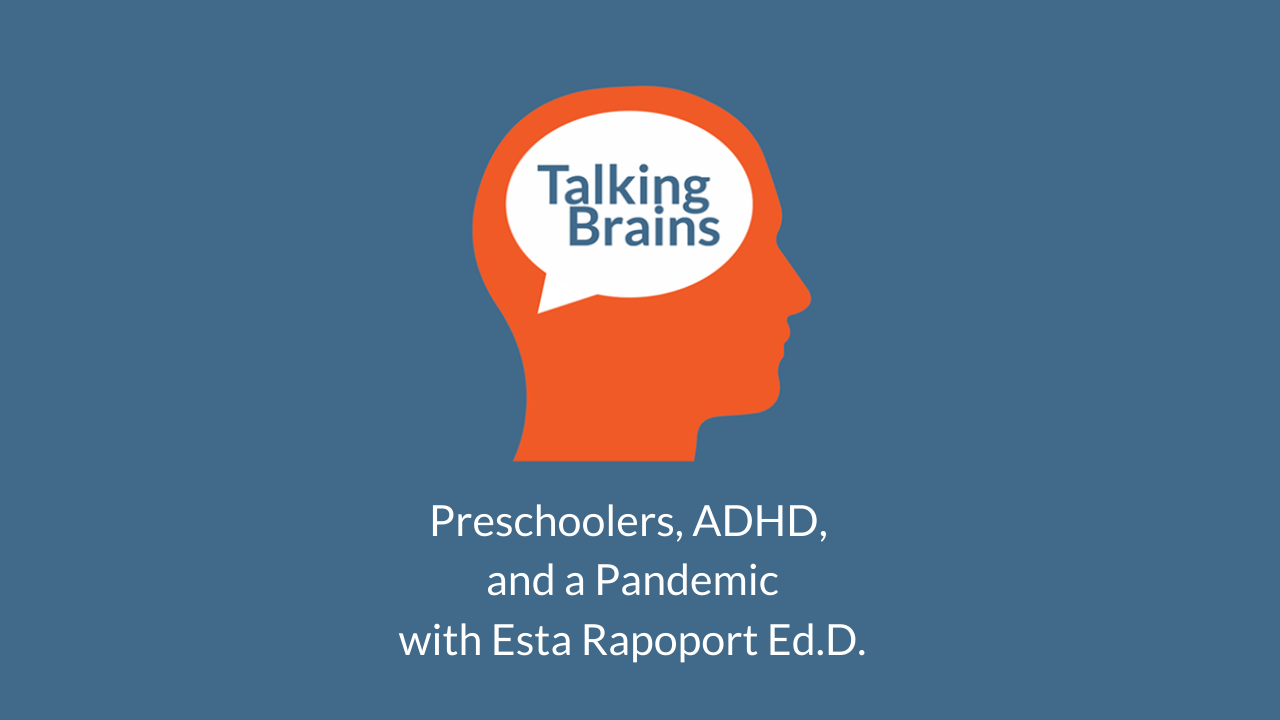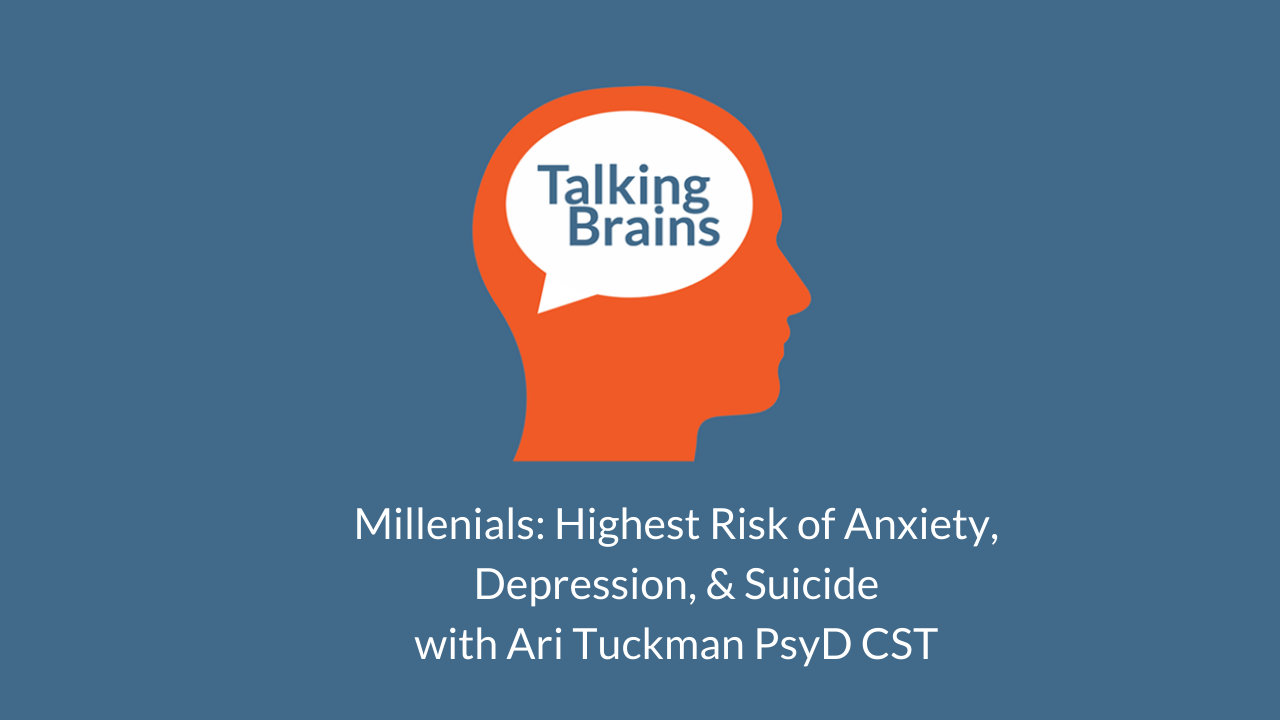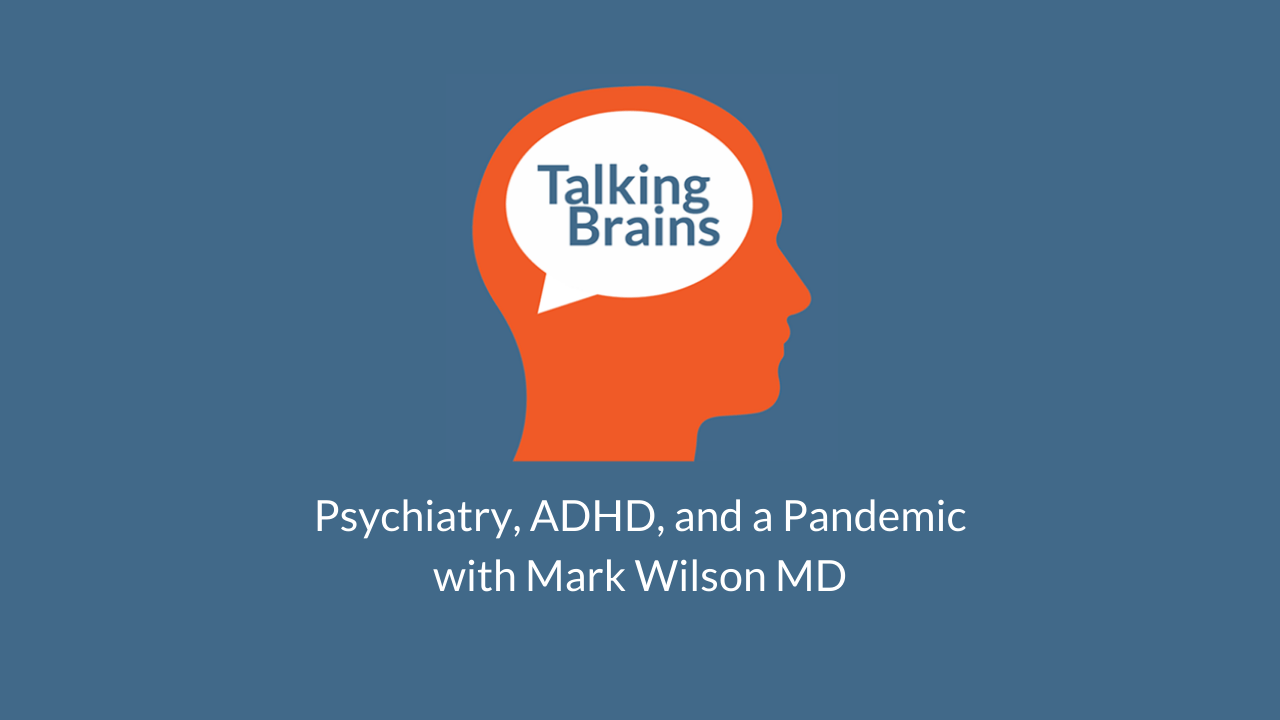
While we know that high-conflict divorce impacts the wellbeing of all parties involved, there is scientific data showing specifically how high-conflict divorce impacts children. Children who are victims of a high-conflict divorce have a significant decrease in quality of life. The following are three ways in which children’s lives are impacted by parents who are invested in conflict:
Somatic Disorders
Somatic disorders are physical ailments caused by stress, depression, and anxiety. When a person is under stress, the sympathetic nervous system is activated – the “fight, flight, or freeze” response. This activation occurs more often in children of high-conflict divorce (Davidson, et al. 2014). Chronic activation of the sympathetic nervous system releases a stress-producing hormone called cortisol into the body.
Chronically high cortisol levels can cause lifelong health issues such as headaches, gastrointestinal issues, weight gain, depression, anxiety, sleep difficulties, memory loss, concentration difficulties, and even heart disease.
Concentration and sleep difficulties can lead to poor academic performance, and also can lead to children being less likely to use effective coping skills.
Increased Delinquency and Truancy
A twenty-five-year longitudinal study found that when divorced parents diverted their attention away from the children and towards maintaining conflict, those children had a higher rate of delinquent behavior and truancy from school. When parents redirected their focus back to the children, this level of delinquency and truancy decreased (Wallerstein et al. 2013).
Lasting Emotional Effects in Adulthood
Out of 739 adults who were children when their parents divorced, 75% said they were exposed to parental alienation behaviors, and many stated they felt “loyalty conflict” with their parents. Fifteen percent agreed at least one parent “tried to turn me against the other parent” Adults with a history of childhood alienation experiences had a significantly lower quality of life than adults who did not experience parental alienation and loyalty conflict (Bernet et al. 2015; Verrocchio & Baker 2015).
What Mitigates These Outcomes?
Mediation and collaborative divorce have been found to help parents and children have a more positive view of the outcome of the divorce, creates more contact between the child and parents, and leads to better communication and less conflict between parents (Taylor et al. 2015; Amato, 2014). Children and parents experience less anxiety and depression when a collaborative team approach and education is incorporated into the divorce process.
References
Amato, P. R. (2014). The consequences of divorce for adults and children: An update. Drustvena Istrazivanja, 23(1), 5.
Bernet, W., Baker, A. J., & Verrocchio, M. C. (2015). Symptom Checklist‐90‐Revised Scores in Adult Children Exposed to Alienating Behaviors: An Italian Sample. Journal of forensic sciences, 60(2), 357-362.
Davidson, R. D., O’Hara, K. L., & Beck, C. J. (2014). Psychological and biological processes in children associated with high conflict parental divorce. Juvenile and Family Court Journal, 65(1), 29-44.
Taylor, M., Harper, S., Jurecko, L., Melowsky, J., & Towler, C. (2015). The Resource Center for Separating and Divorcing Families: Interdisciplinary Perspectives on A Collaborative and Child‐Focused Approach to Alternative Dispute Resolution. Family Court Review, 53(1), 7-22.
Verrocchio, M. C., & Baker, A. J. (2015). Italian adults’ recall of childhood exposure to parental loyalty conflicts. Journal of Child and Family Studies, 24(1), 95-105.
Wallerstein, J., Lewis, J., & Packer Rosenthal, S. (2013). Mothers and their children after divorce: Report from a 25-year longitudinal study. Psychoanalytic Psychology, 30(2), 167.
Stephanie Moulton Sarkis PhD NCC LMHC is a psychotherapist based in Tampa, Florida. She is an AMHCA Diplomate and Clinical Specialist in Child and Adolescent Counseling, and a Florida Supreme Court Certified Family Mediator. She is a best-selling author on ADHD, and also specializes in autism spectrum disorders. www.stephaniesarkis.com
Copyright 2016 Sarkis Media





